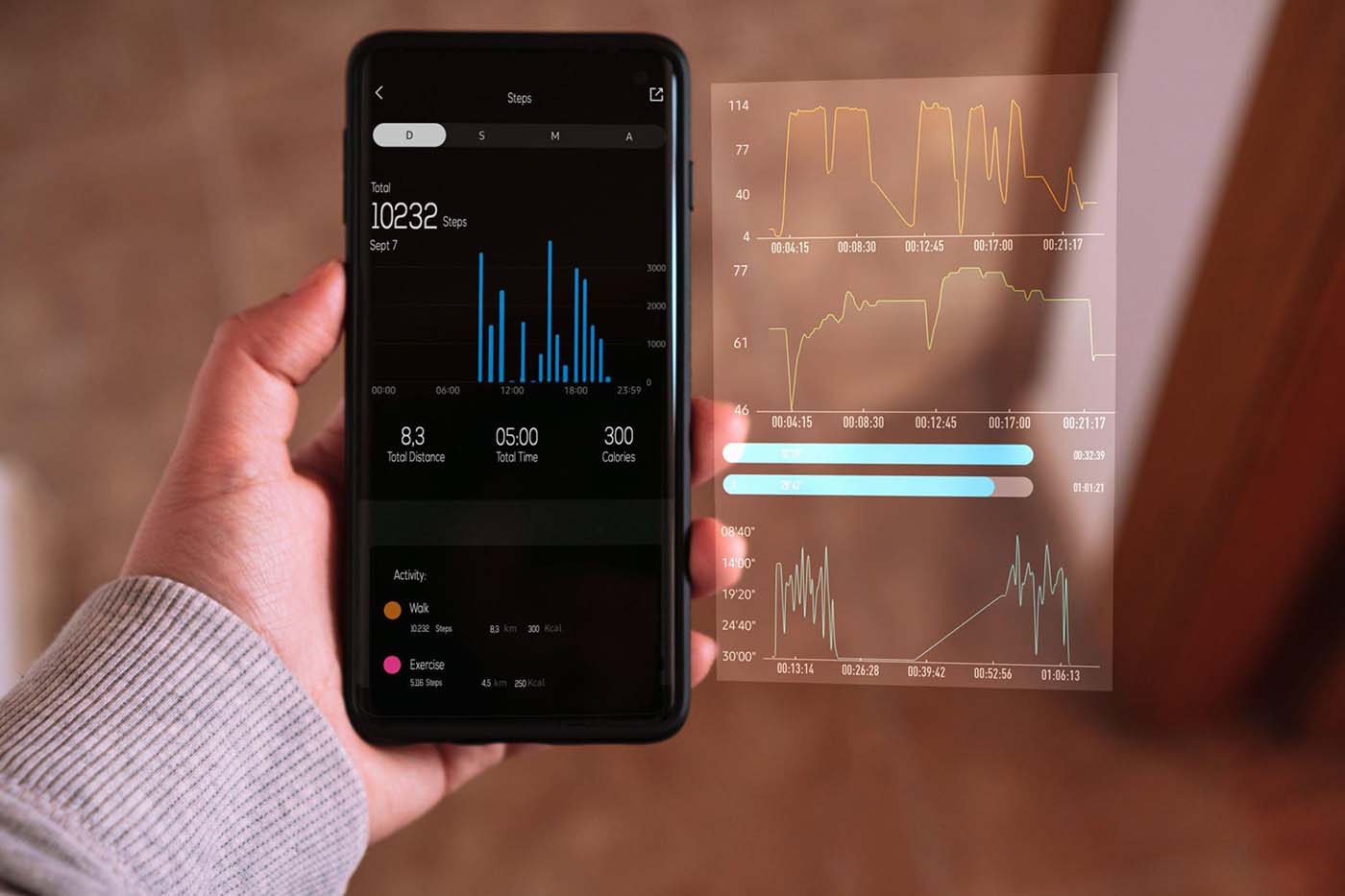In an increasingly health-conscious world, the relationship between lifestyle choices and health insurance has become a topic of significant importance. As individuals, we make many decisions each day that collectively shape our overall well-being. However, what might surprise many is that these choices not only impact personal health but also play a crucial role in determining health insurance coverage.
This article delves into the intricate connection between lifestyle choices and health insurance, shedding light on how our habits can influence the coverage we receive.

The Holistic View of Health Insurance: Beyond Medical Necessities
Health insurance has traditionally been associated with covering medical expenses in times of illness or injury. However, modern health insurance providers are increasingly recognising the value of a holistic approach to healthcare. This shift towards preventive measures and wellness programs underscores the significance of lifestyle choices in maintaining long-term health. Insurers have begun to offer incentives and rewards for policyholders who actively engage in healthy habits, as they understand that these behaviours contribute to a reduced risk of chronic diseases and subsequent claims.
The Power of Prevention: Impact on Premiums and Deductibles
Lifestyle choices have a direct impact on an individual’s health, which in turn affects the insurance premium rates and deductibles. Insurance companies consider factors such as smoking, alcohol consumption, diet, exercise routine, and stress management when calculating premium costs. For instance, non-smokers often enjoy lower premiums than smokers due to the reduced likelihood of tobacco-related illnesses.
Regular exercise and a balanced diet can similarly lead to lower premium rates. This connection emphasises the principle of reward for healthy behaviour, aligning the interests of individuals and insurers.
Embracing Wellness Programs: A Win-Win Situation
Many health insurance providers now offer wellness programs that encourage policyholders to adopt healthier lifestyles. These programs often include gym memberships, nutrition counselling, and stress management workshops. Engaging with these initiatives can lead to reduced premiums and other financial benefits. Moreover, these programs contribute to a sense of empowerment among policyholders, motivating them to actively take charge of their well-being.
This is where the question arises: What does POS stand for in health insurance? The answer lies in Point of Service, which is one of the plan options available. It allows policyholders to choose between in-network and out-of-network healthcare providers.
Chronic Conditions and Lifestyle Factors: Navigating Coverage Challenges
While healthy lifestyle choices can positively impact health insurance, the relationship isn’t always straightforward, especially for individuals with pre-existing chronic conditions. It’s essential to acknowledge that certain medical conditions are influenced by genetics and other factors beyond personal control.
Therefore, health insurance serves as a safety net for those facing such challenges, providing financial assistance for medical treatment and care. Insurance plans often cover medications, specialised treatments, and regular check-ups to manage these conditions effectively.

The Evolution of Underwriting: A Focus on Behaviour
Historically, health insurance underwriting relied heavily on medical history and family background. However, there is a growing trend towards assessing behaviour and lifestyle choices in determining coverage eligibility. This evolution aligns with the understanding that proactive health management can significantly reduce the risk of high-cost medical interventions. Insurance companies are employing advanced analytics to analyse data related to exercise routines, dietary habits, sleep patterns, and stress levels.
Such data-driven approaches give insurers a comprehensive picture of an individual’s health, allowing for more personalised coverage options.
The Role of Technology: Monitoring and Tracking Habits
Technology has revolutionised the way insurers interact with policyholders. Wearable devices and smartphone apps now enable real-time tracking of lifestyle habits, providing insurers with accurate data to assess an individual’s health practices. This not only aids insurers in offering tailored coverage but also empowers policyholders to monitor their own progress towards healthier living.
Balancing Personalisation and Privacy
While integrating lifestyle data into insurance practices offers many benefits, it raises concerns about privacy and data security. Insurers must strike a delicate balance between personalisation and respecting policyholders’ privacy. Clear communication regarding data usage and opting-in for sharing personal health information is essential. Additionally, regulations like the Health Insurance Portability and Accountability Act (HIPAA) play a vital role in safeguarding the confidentiality of health-related data.
The Future of Health Insurance: A Collaborative Approach
The intersection of lifestyle choices and health insurance is poised to shape the future landscape of healthcare. Individuals, insurers, healthcare providers, and policymakers must collaborate to create a system that incentivises healthy habits while ensuring equitable coverage for all. As technology continues to advance, integrating data analytics and personalised wellness plans will become more commonplace.
In conclusion, the symbiotic relationship between lifestyle choices and health insurance underscores the interconnectedness of personal well-being and coverage options. Our decisions regarding exercise, nutrition, stress management, and more can influence our immediate health and the kind of insurance coverage we receive. As the healthcare landscape evolves, a proactive approach to wellness and a willingness to embrace technology-driven insights will pave the way for a healthier and more secure future.








